The increased US tariffs on China's electric vehicles (EVs) will have a negative impact on EV adoption worldwide, according to Bloomberg.
The United States in May raised the tariff on EVs imported from China from 25 percent to 100 percent, effective Aug 1.
The European Union is imposing new tariffs ranging from 17.4 percent to 37.6 percent on China's EVs, in addition to the current 10 percent.
China is "the only large auto market that has reached the point of consumer-led takeoff for EV sales", according to Bloomberg's recent Electric Vehicle Outlook.
China's "formidable lead" in batteries and the EV supply chain and its "incredibly cheap" batteries are "a major factor driving prices lower", Bloomberg reported. But it said Europe, the US, India and others are pushing back against China's dominance, and tariffs and further protectionist measures could "slow down global EV adoption in the near term".
Anticipated high prices also are leading almost half of American owners of EVs to consider switching back to gasoline-fueled vehicles, according to the newly released 2024 McKinsey Mobility Consumer Pulse survey.
The survey showed that 46 percent of current EV owners in the US said that they are likely or very likely to switch back to a traditional gas car, primarily due to the high price of EVs and anxiety over long-distance driving because of an insufficient number of public charging stations.
In China, where EVs accounted for 40 percent of new passenger-car sales as of May, the percentage of car owners saying they will likely return to a gas car was 28 percent.
Overall, 29 percent of all surveyed global EV drivers said they are likely to switch back to a gas car with their next purchase.
The McKinsey survey questioned almost 37,000 drivers in 15 countries, including 4,100 in the United States. The respondents included drivers of both EVs and gas-powered cars. The survey covered more than 80 percent of the global EV markets.
A recent analysis by Bank of America also found that the high prices of EVs in the US are slowing their sales. Its analysis showed that the EV penetration rate has dipped slightly, and EVs are expected to make up only 8 percent of vehicle sales in 2024 in the US, down by 1.5 percent from last year.
Most American consumers will buy an EV if the price is competitive with an internal combustion engine (ICE) vehicle, the analysis showed. It said, however, that manufacturers "are unlikely to achieve ICE-comparable costs on EVs until 2028".
In the US, only 3 percent of EVs are priced below $37,000, according to Bank of America research, while more than half of gas-powered or hybrid vehicles are priced below that figure.
The US needs to reduce EV costs and expand its battery-charging infrastructure to improve the transition to EVs, said the analysis.
That could be helped by partnering with "private Chinese companies such as CATL, the leading battery manufacturer in the world, or BYD … a leading EV producer in China and the leading one in the world", said William Kirby, a professor of China studies and business administration at Harvard University.
In a recent interview with Harvard Magazine, Kirby said that such a partnership would benefit the US because China is the leader in clean technology — from solar panels to batteries to EVs. He said a number of Chinese companies would like to manufacture EVs in the American market, but politics get in the way.
He pointed to the collaboration between Ford and CATL, saying "political pressures on Ford, both from politicians and unions, made this very difficult to do".
Ford announced last summer that it would invest $3.5 billion in the battery venture but had to suspend the project after Congress initiated two federal investigations into its license deal with CATL.
According to Bridge Michigan, Ford resumed the construction this year, but the investment was reduced by $1 billion, and the number of new jobs will be reduced by 800.
Kirby called the US tariff on China's EVs "a statement of a kind of technological isolation that to me makes no sense for us".
"We need to take a step back and think of why are we doing this. If we could partner with several of these competing companies, Ford and CATL, or General Motors and BYD, why would it be in the national interest of the United States to oppose this?" he said.
China's EVs have a much larger presence in the EU market than in the US. According to data from Rhodium Group, European Union imports of Chinese EVs surged from $1.6 billion in 2020 to $11.5 billion in 2023. Overall, Chinese and Chinese-owned EV brands accounted for 19 percent of Europe's EV market in 2023.
The McKinsey survey found that 27 percent of European consumers who already own an electric vehicle said they are likely or very likely to consider purchasing one from a Chinese brand in the future.
They have good reasons to consider Chinese EVs in the future. According to industrial analysts, Chinese EVs are competitively priced — $5,000 to $10,000 cheaper, with comparable features to other brands in the EU market.
Chinese EVs are known for their innovation and technology. Companies such as NIO, BYD and XPeng are recognized for their technological advancements, including battery technology, autonomous driving features and smart connectivity. Those innovations appeal to European consumers looking for the latest technology in their vehicles, the McKinsey report said.
As a result, the report showed that in the EU, roughly one-third of current EV owners, young consumers and premium-brand owners are more likely to consider a Chinese brand than other consumers.











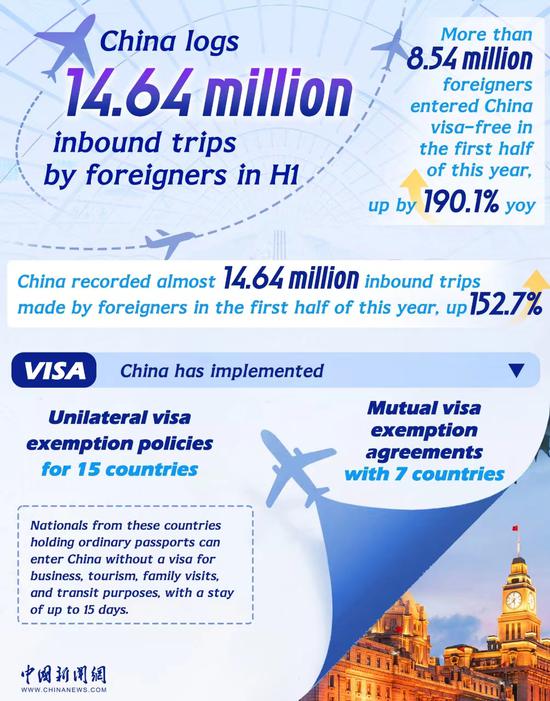


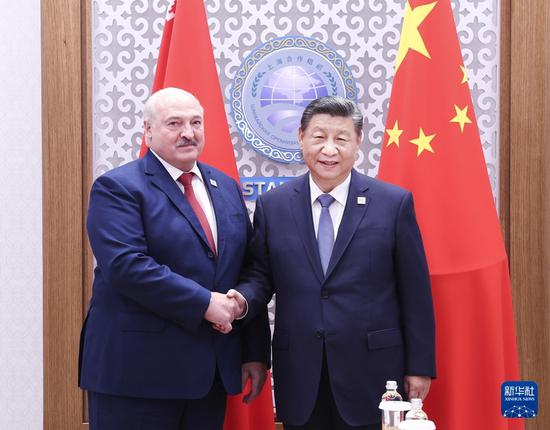
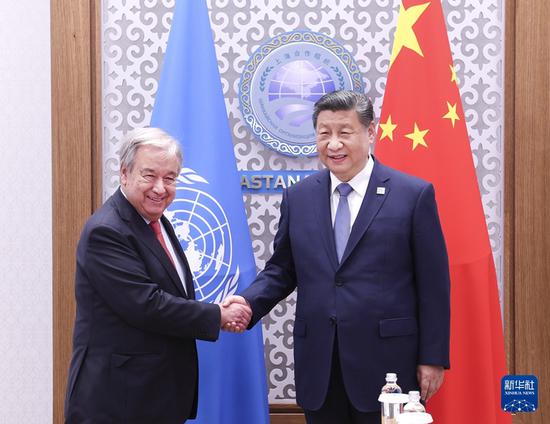
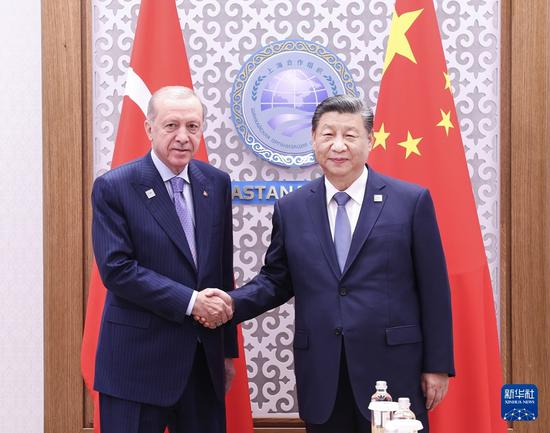





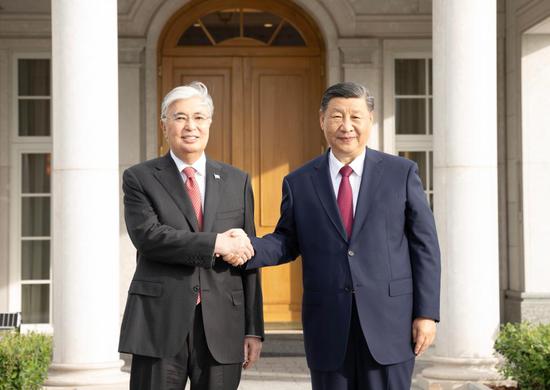
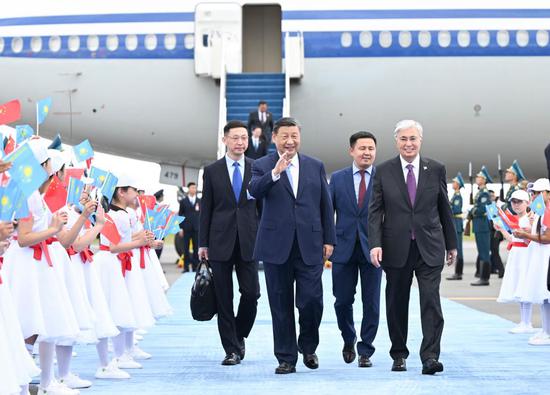







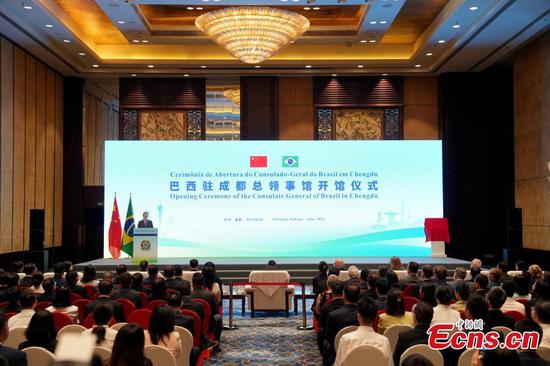


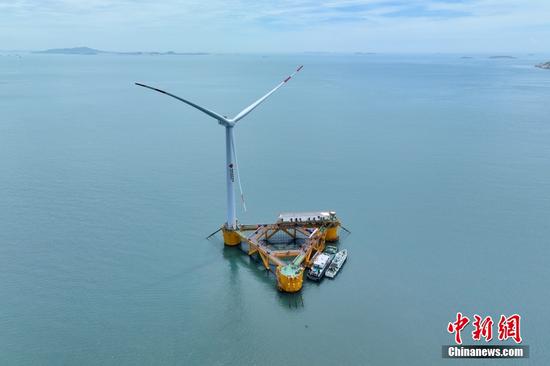
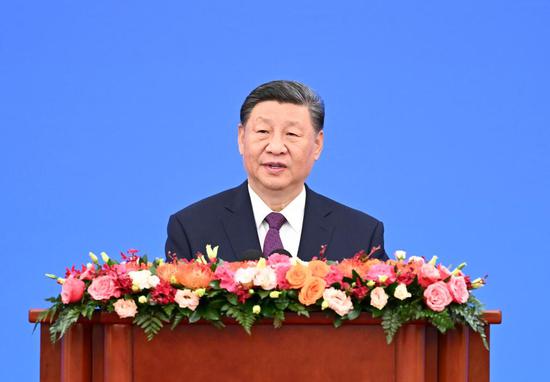














 京公网安备 11010202009201号
京公网安备 11010202009201号